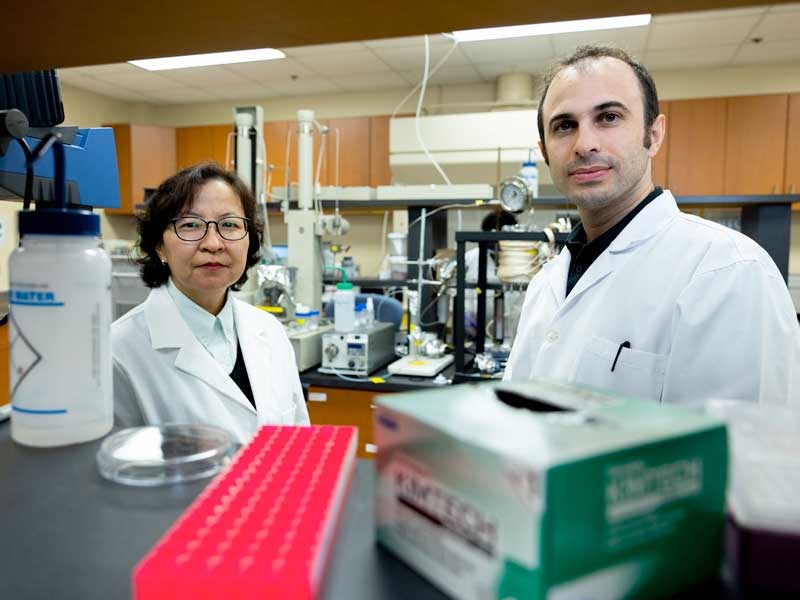Researchers at the University of Arkansas in the USA are working on improving probiotics with the help of 3D printing technologies. Probiotics, i.e. live microorganisms such as those found in yogurt, are beneficial for intestinal health. However, the beneficial bacteria do not always survive on their journey through the stomach and intestines.
As nutritionist Sun-Ok Lee explains, her team wants to increase the probiotics’ chances of survival through an innovative encapsulation technique. In collaboration with her colleague Ali Ubeyitogullari, an expert in 3D food printing, they encapsulate probiotics in microgel beads made of alginate and pectin. This coating is intended to protect the sensitive bacteria from stomach acid and release them specifically in the large intestine.
In initial tests, the team is printing the microbeads in yogurt and cookies to test their shelf life and effectiveness. According to Ubeyitogullari, 3D food printing enables very precise dosing and placement of the probiotics. This means that probiotic foods could be developed in the future that offer the beneficial intestinal bacteria an optimal chance of survival.
If 3D printing encapsulation proves effective in further studies, this could open up new possibilities for the targeted release of probiotics in the human digestive tract. An improved probiotic supply would in turn have positive effects on intestinal health, the immune system and metabolism.
Subscribe to our Newsletter
3DPresso is a weekly newsletter that links to the most exciting global stories from the 3D printing and additive manufacturing industry.





















